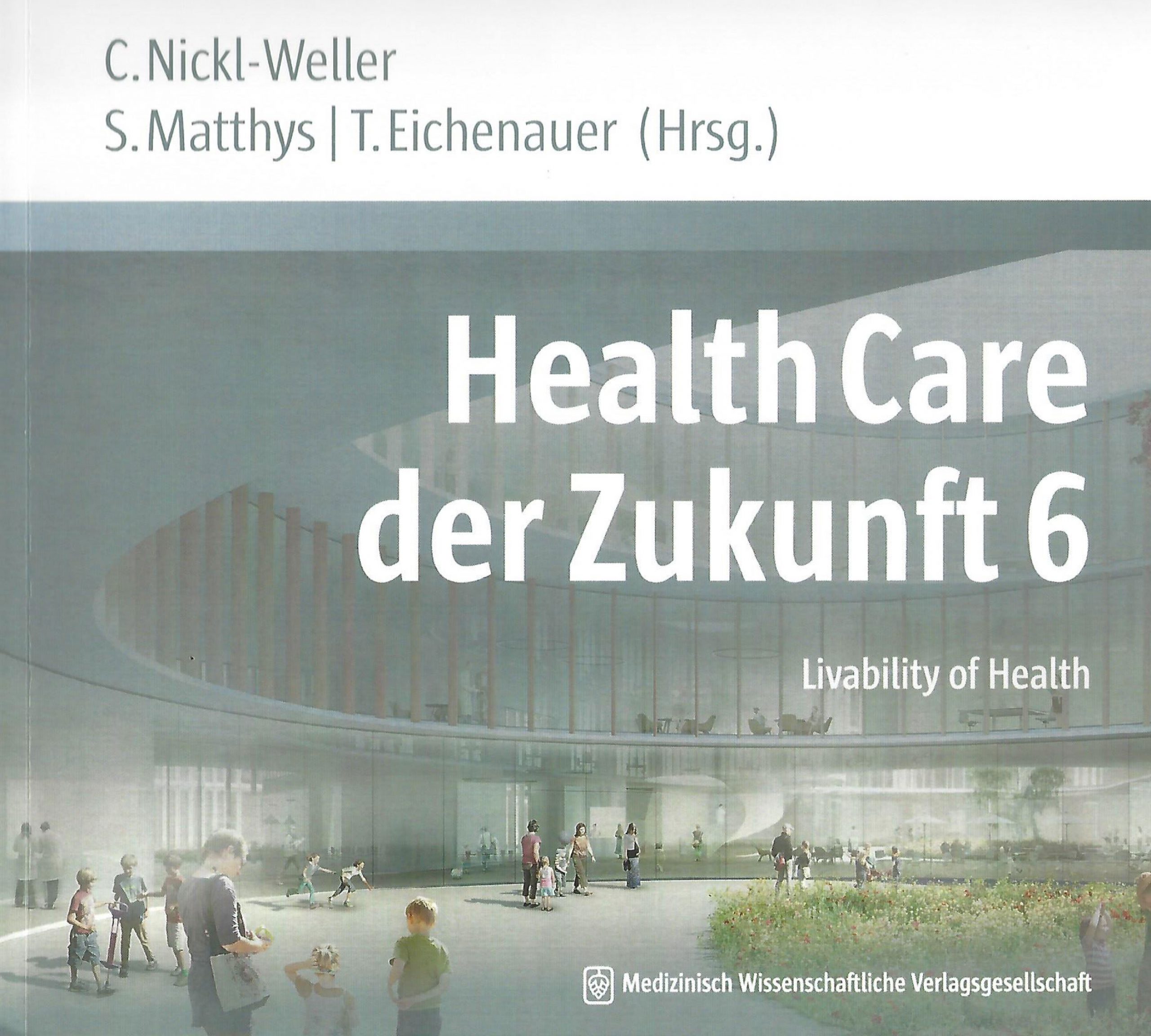EVIDENCE BASED DESIGN AND PATIENT ORIENTATION

Qualitative spatial concepts (QRs) are an important addition to the conventional room program of a new building. They ensure that qualitative requirements defined by the users and operators of a building are presented in such a way that architects can understand them and integrate them efficiently into their design. QRs are of particular importance in the development of so-called evidence-based designs of buildings, i.e. design decisions that are based on scientific findings. In this process they are the indispensable and most important preliminary stage for the design. Architect Gemma Koppen and architectural psychologist Tanja C. Vollmer describe in their book contribution the development of QRs using the example of the University Children’s and Youth Clinic Freiburg and work out a feasible way for clinic owners to make scientifically sound design decisions, to develop evidence-based design. The book series ‘Healthcare of the Future’ is published for the sixth time and presents trend-setting work in the field of architectural design of healthcare buildings. It is also the conference volume of the biennial symposium with the same title at the Technical University of Berlin and the European Network Architecture for Health (ENAH).
